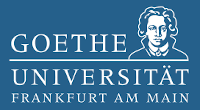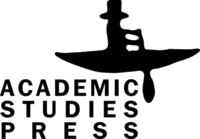“The End Time”: Invasions of the Gentiles and Eschatological Expectations in Old Russian Literary Tradition
DOI:
https://doi.org/10.31168/2658-3356.2023.5Keywords:
eschatology, heresy of the “Judaizes”, chronicle, paschal, inquisitionAbstract
During the medieval period, eschatological expectations were prevalent in both Western and Eastern Europe. This article examines common trends in different European regions, particularly in relation to the Old-Russian literary tradition. The fear of the impending apocalypse was fueled by various calendar calculations, but was mitigated by historical victories over non-believers and foreigners. In 1492, as the Eastern Orthodox tradition marked 7000 years since the creation of the world, the anticipation of the end times intensified. This led to an increased exchange of ideas and written texts between Eastern and Western Europe. In Novgorod and Moscow, for example, the persecution of the heresy known as “Judaizes” was influenced by the Spanish model of dealing with heretics (inquisition). In Western European countries, the Spanish Reconquista was seen as a triumph over the threat of Islam posed by the Ottoman conquest. In Russia, the fall of Constantinople to the Ottomans in 1453 resulted in the concept of “Moscow is the third Rome” as a reaction.












